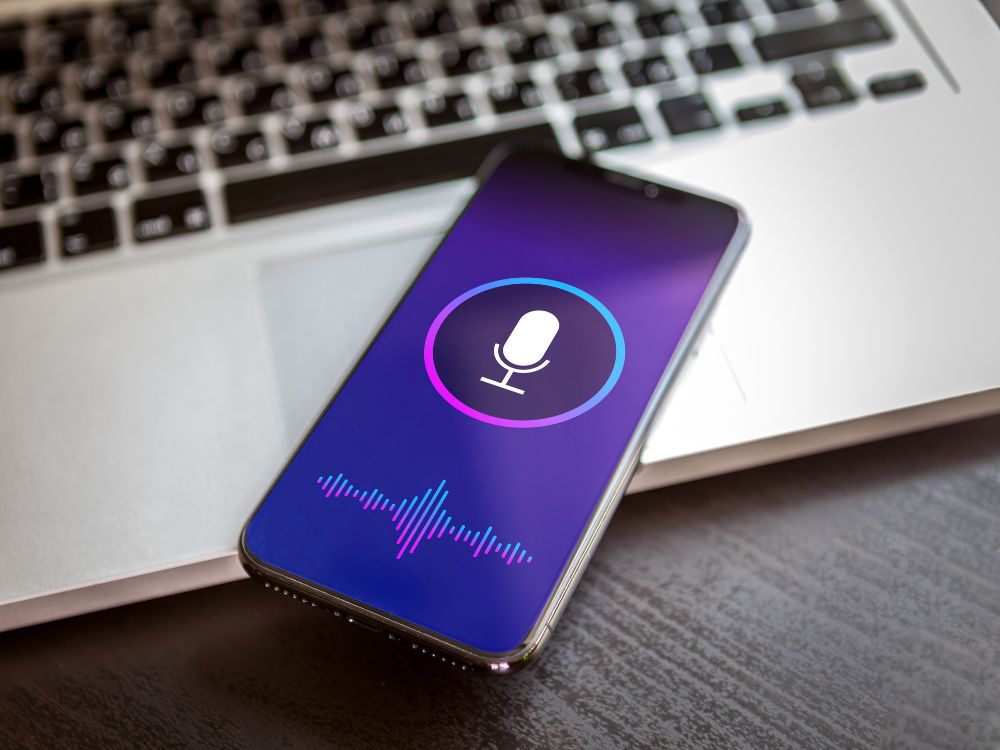
In recent years, voice technology has become an integral part of our daily lives. From smart speakers to virtual assistants, voice user interfaces (VUIs) have gained significant popularity and are now making a profound impact on mobile app development. As users seek more intuitive and hands-free interactions, the rise of VUIs is transforming the way we engage with mobile apps.
Voice user interfaces leverage speech recognition technology to enable users to interact with apps through voice commands and responses. This technology allows for a seamless and natural interaction, creating a more immersive and efficient user experience. With the advancements in natural language processing and machine learning, VUIs have become increasingly accurate and responsive.
One industry where VUIs are making a notable impact is the virtual assistant market. Leading players such as Apple’s Siri, Google Assistant, and Amazon’s Alexa have integrated voice capabilities into their respective mobile apps, enabling users to perform various tasks, such as setting reminders, making calls, or controlling smart home devices, simply by using their voice.
Beyond virtual assistants, VUIs are being adopted in diverse sectors, including healthcare, e-commerce, automotive, and entertainment. In healthcare, VUIs are revolutionizing patient care by enabling hands-free access to medical information, appointment scheduling, and medication reminders. E-commerce platforms are integrating VUIs to facilitate voice-based product searches and personalized shopping experiences. In the automotive industry, voice-enabled apps provide drivers with a safer and more convenient way to access navigation, make calls, or control in-car features.
The benefits of VUIs in mobile app development are vast. They provide enhanced accessibility for individuals with disabilities or limited mobility. They offer a more natural and intuitive interaction, eliminating the need for complex navigation or typing. Moreover, VUIs can improve productivity by enabling users to perform tasks on the go without requiring manual input.
While there are challenges in developing VUIs, such as accurately interpreting user commands and handling different accents or languages, advancements in speech recognition technology continue to address these limitations. Developers are embracing tools and platforms, such as Google Cloud Speech-to-Text and Amazon Lex, that provide robust and scalable solutions for implementing VUIs.
As the demand for seamless user experiences grows, voice user interfaces are expected to play an even more prominent role in mobile app development. From voice-enabled shopping to personalized voice assistants, the rise of VUIs is reshaping the way we interact with mobile apps. As a developer, embracing this trend and incorporating voice capabilities into your app can provide a competitive edge and deliver exceptional user experiences in the evolving digital landscape.